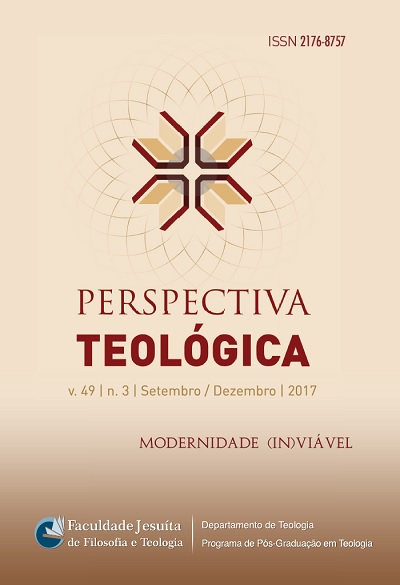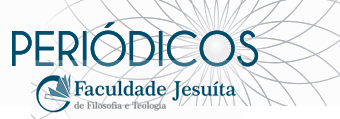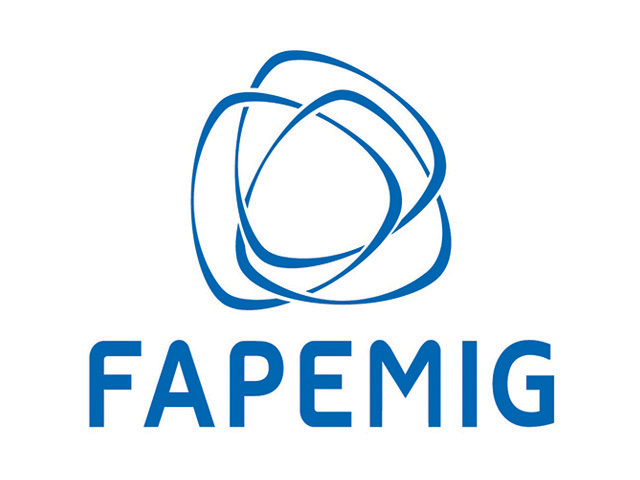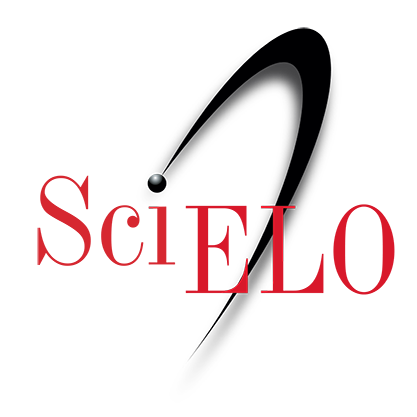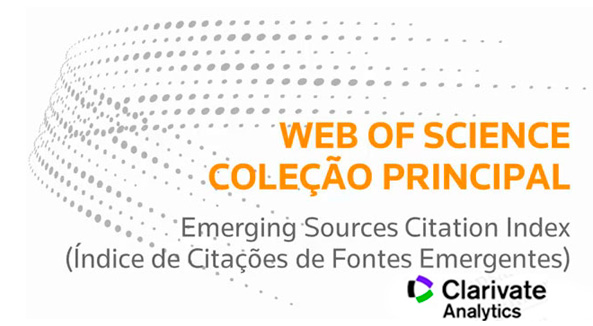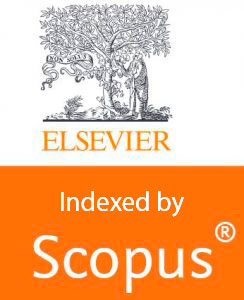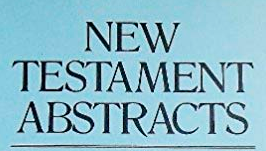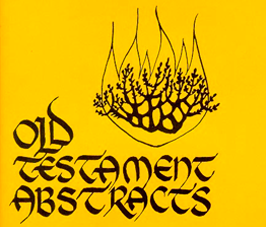WHO'S IN CHARGE? NEUROSCIENCE, RESSONANCE AND CHALLENGES
DOI:
https://doi.org/10.20911/21768757v49n3p611/2017Abstract
The relationship between body and soul or between body, soul and spirit is an ancient problem of anthropology, and also of Christian theology. In view of present day discoveries and new neuroscientific theories, the issue poses itself afresh. It practically migrated to the discussion of the relationship between brain and mind. Today, there is ample consensus that it is the brain that is in charge of the body. If we accept that, then who is in charge of the brain? Is it me, in the first person, my soul, my mind? Or is it “him”, in the third person, our own brain that determines me? And how about the second person – the human being in its relationship with God whom it calls “you”? Striving to overcome prejudices against a deterministic neuroscience, on the one hand, and a theology indifferent to science – and, indeed, such positions, wherever they are held – the present article seeks to deal with the human condition in its freedom, always precarious and restrained. Referring to neurobiological and psychiatric insights from Joachim Bauer, it argues for the importance of the relationship of the human being with the other, with God and with the world, in a form of resonance (Hartmut Rosa).
Downloads
Downloads
Published
How to Cite
Issue
Section
License
After the approval of the submitted text, the authors should send a signed letter of assignment of copyright, the model is available on the periodical's website.

